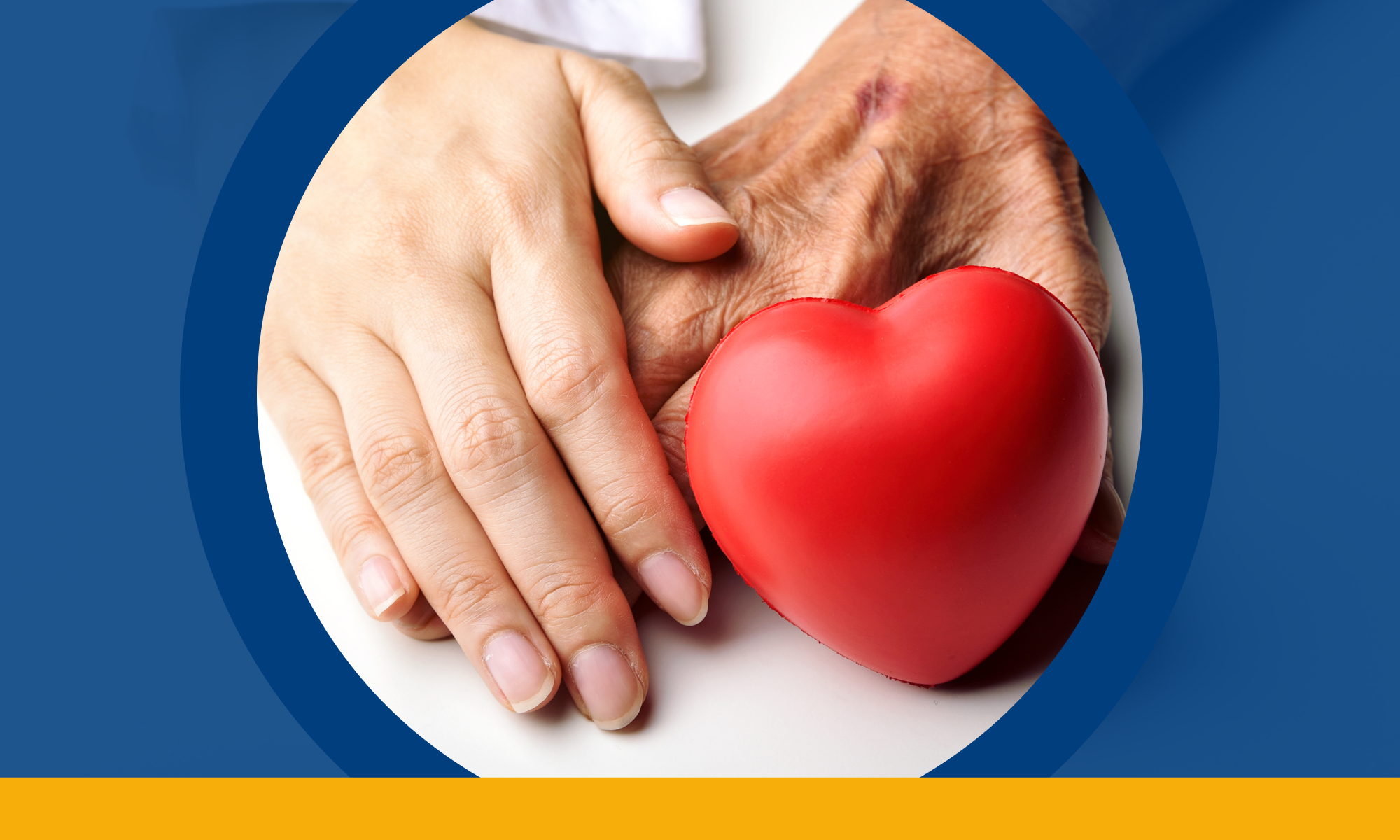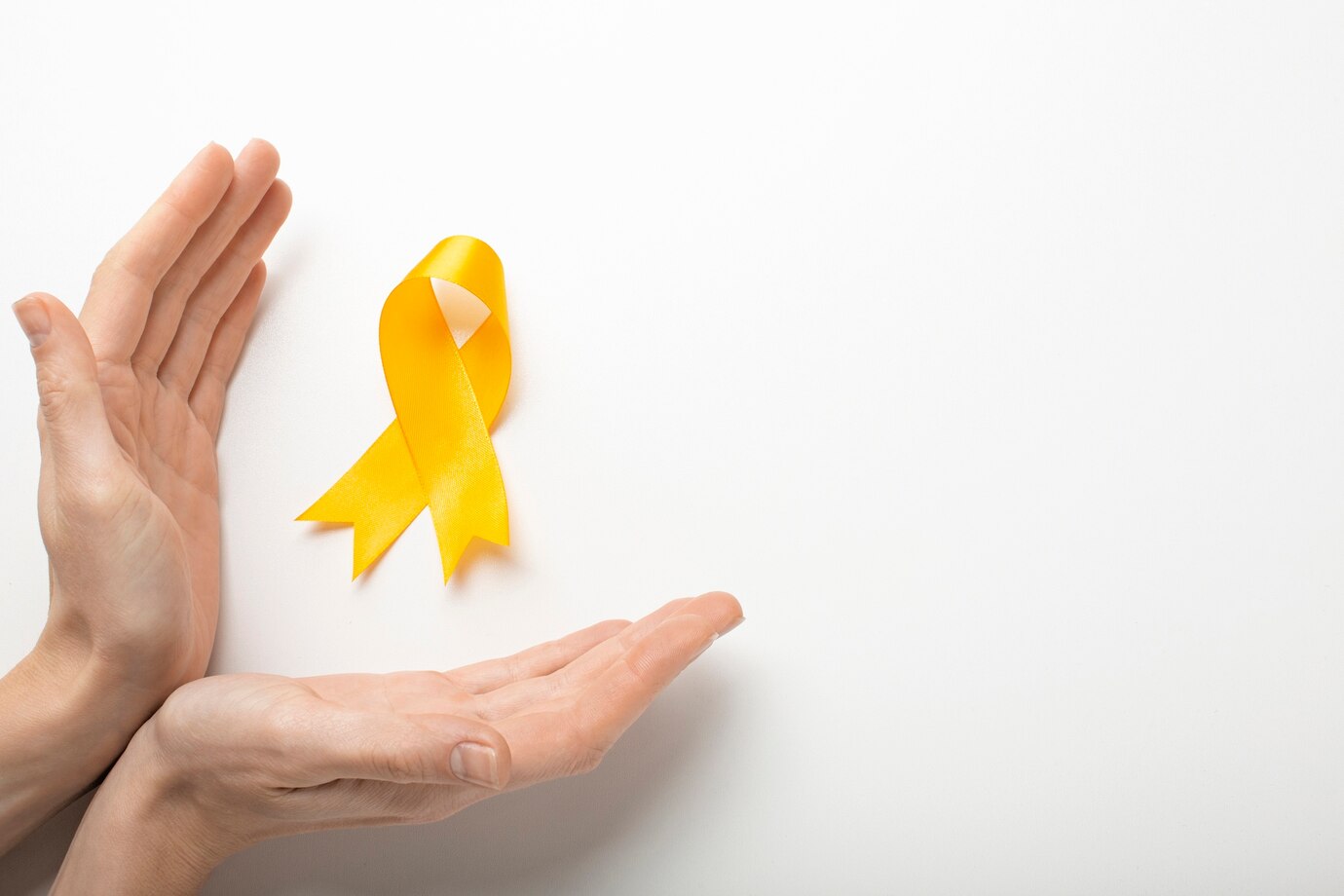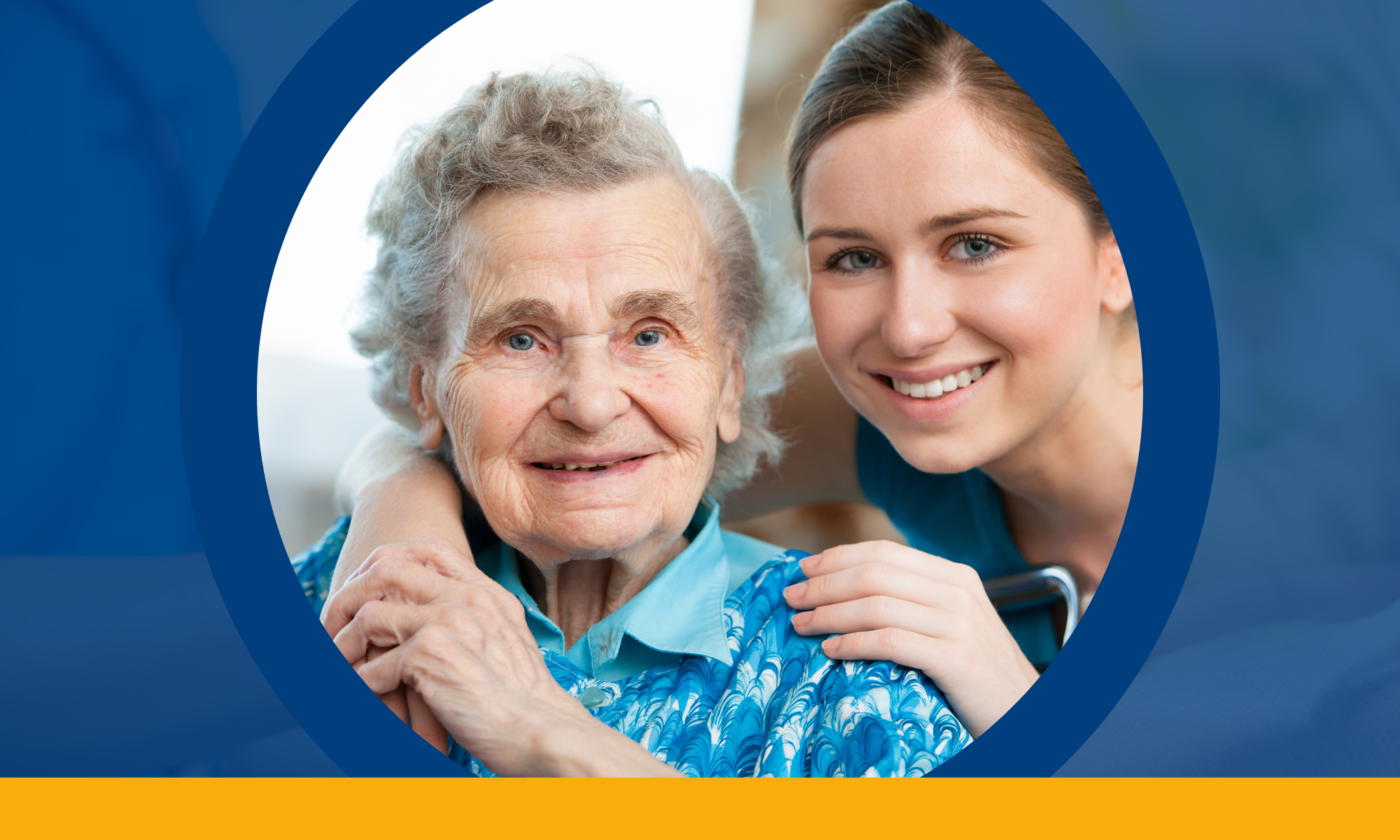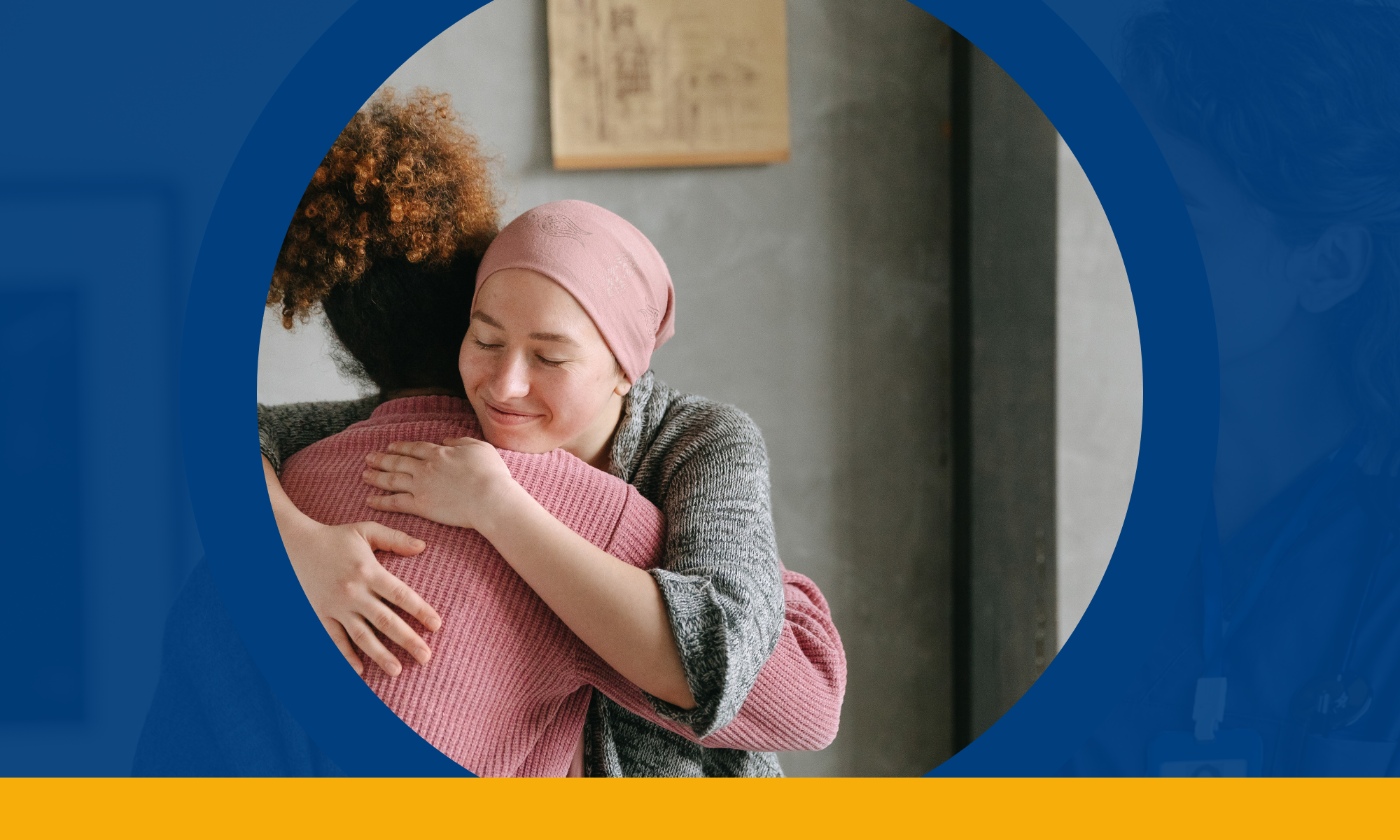World Meditation Day 2024: A Guide for Caregivers
World Meditation Day falls each year on May 21st and is aimed at creating awareness around the many benefits of meditation. It is a day that promotes self-care as a constant in our every day lives and demonstrates how meditation is particularly beneficial during busy, stressful times by calming our mental and emotional state of being.
It’s estimated that between 200 and 500 million people meditate around the world.
The role of a caregiver is a busy, responsible job and there are times when it can be a demanding role, requiring both empathy and technical skill to provide effective support for those who rely on it. This is why it is vital for caregivers to take care of their own mental and emotional health in order to provide the best quality of care.
Supporting our Careworkers at Myhomecare
At Myhomecare, supporting our careworkers creates an environment that reduces stress and brings a sense of community into work life. From training and career progression with our Care Academy to support and guidance through our dedicated managers. Myhomecare recognise the importance of mental and emotional health for their caregivers as well as those receiving care.
“I am happy that I work with Myhomecare, it is the best company I have worked with and the workers are very nice as well as the managers. l love working with them”.
Linda Omotayo/ Homecare Assistant
If you are interested in working with us, contact Myhomecare today for more information.
What is Meditation?
Meditation has been used for centuries to nurture a sense of calm and inner peace. It involves training the mind and rewiring negative thinking. Techniques can vary widely, but they generally involve mindfulness, concentration, or focusing on a particular object, thought, or activity. Meditation trains the mind to stay calm and focused and is often practiced seated or lying down in a quiet environment, but it can also be incorporated into daily activities such as walking and eating. The different types of meditation include:
How To Meditate
A simple way to meditate is to:
1. Close your eyes.
2. Focus on taking deep breaths in and out and allow the mind to empty of thoughts.
3. Acknowledge thoughts if they pop up and simply wave them on their way like clouds in the sky.
4. Continue to breathe deeply and use it to deepen an inner sense of calm, until ready to open your eyes and continue with your day.

The Benefits of Meditation
There are many benefits from meditating regularly, these include both physical and mental benefits and are a reason as to why meditation is becoming increasingly popular all over the world as a way to manage the challenges that life brings.
How to Take Part in World Meditation Day
1. Many organisations host global meditation sessions on World Meditation Day. Connect with thousands of others around the world and meditate together.
2. Attend a group meditation session at a local park or virtually.
3. Why not spread the love by sharing your meditation experience on social media? Use the hashtag #WorldMeditationDay to join the trend.
World Meditation Day is a powerful reminder of the transformative potential of meditation in creating mental well-being and resilience. For caregivers, who may face busy schedules and emotional challenges in their roles, incorporating meditation into a daily routine can be especially beneficial.
With regular self-care and engaging in meditation practice, caregivers can cultivate inner peace, emotional balance, and greater resilience to the demands of their caregiving responsibilities. With a greater awareness of the amazing benefits of meditation, everyone will have the chance to experience calmness and clarity throughout the stresses of daily life.
If you would like to be a part of our dedicated team











